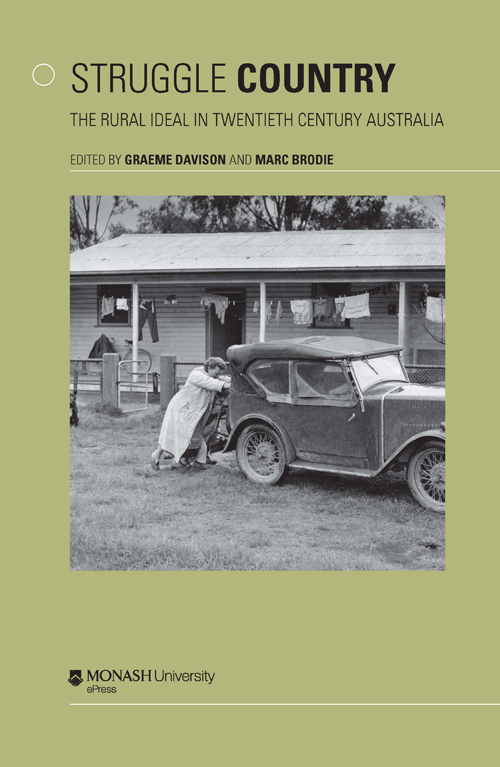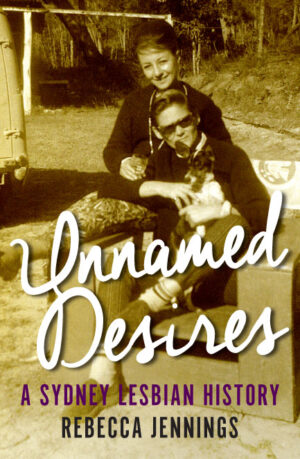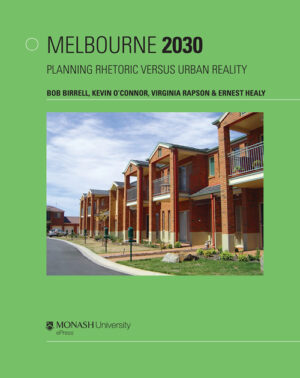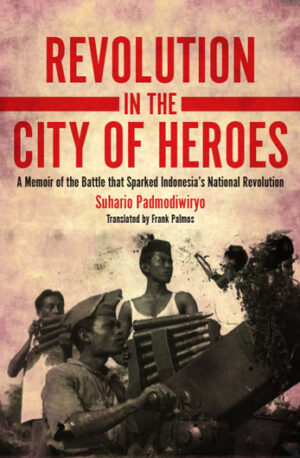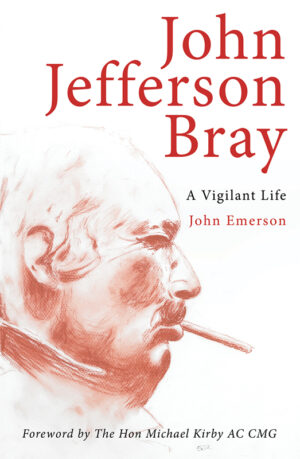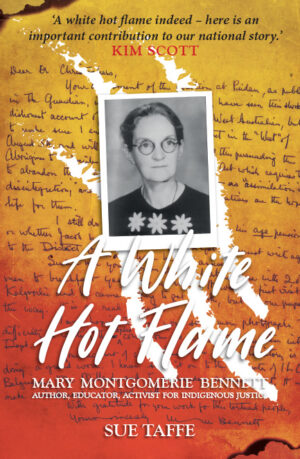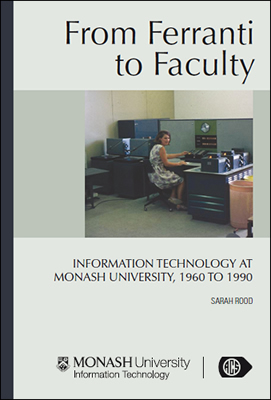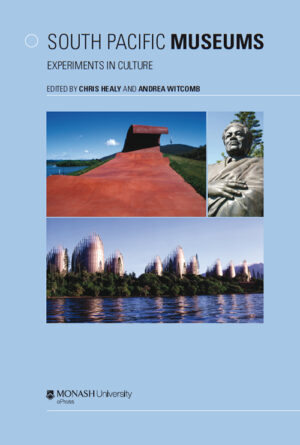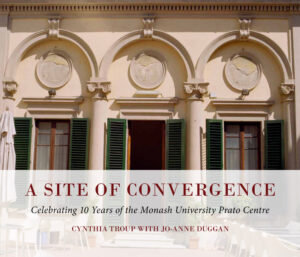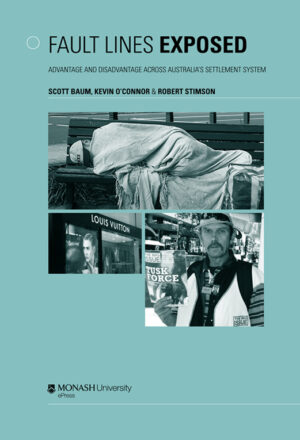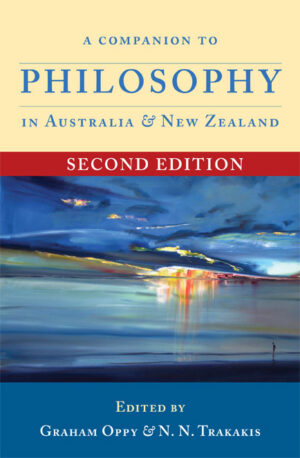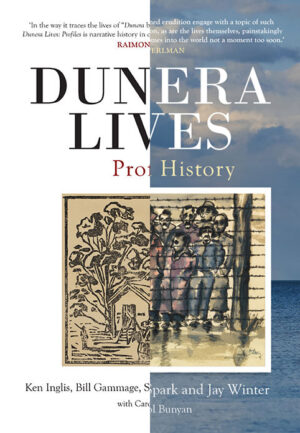Available via Open Access
The decline of Australian country life is not new – either as a phenomenon or as a popular fear. Contemporary interest in this area is often highlighted in hopeful policy frameworks for the revitalisation of town and countryside. The continuing interaction between our dreams of the Australian countryside and the reality of its decline is the key focus of Struggle Country: The Rural Ideal in Twentieth Century Australia.
Linking present concerns to history, this collection of essays looks at how the dreams of progress that captured the imagination of country towns and regions, city politicians and even historians themselves, led to specific positive and negative outcomes in these areas, which in turn influenced how these regions were treated.
This book provides:
- a broad historical perspective on ideas of ‘decline’ in the bush
- a thorough understanding of how country people have seen themselves and their future, and how this has affected development in country areas
- a nuanced approach to ‘studies of the bush’, distinguishing between farmers and country town dwellers and their experiences and beliefs, and providing both historical and contemporary analysis.
Struggle Country revitalises the field of ‘rural history’. In recent years, interest in rural and regional Australia has focused on the decline of country life, due largely to concerns over the effects of a globalised economy and the impact of a range of political developments. But this focus has had little historical perspective: it has concentrated on contemporary developments and has failed to place recent problems in the broader context of the development of rural Australia. The eleven papers in this collection provide much of this context, bringing the historical background and parallels to the fore.
The book will be of great interest to historians and students of Australian history, as well as to readers interested in the relationship between rural dreams and the underlying realities of rural life.

